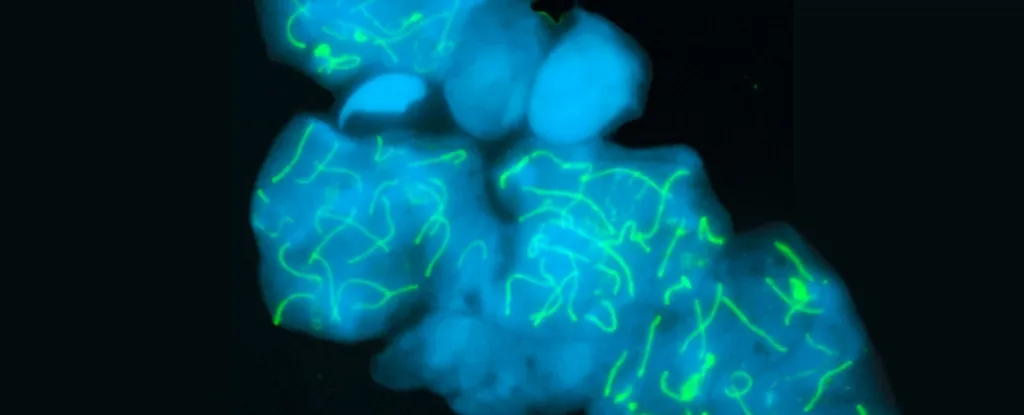
Mighty-Heart Study: Mobile Health Falls Short in Heart Failure Care
2025-09-17
Author: Yu
A Revolutionary Trial Falls Flat
In a groundbreaking study known as the Mighty-Heart trial, researchers found that Mobile Integrated Health (MIH) offers no significant advantages in improving health outcomes or reducing hospital readmissions for heart failure (HF) patients compared to traditional care methods through a Transitions of Care Coordinator (TOCC). This revelation comes at a time when heart failure leads to staggering hospitalization rates, particularly among older adults in the U.S.
The Heart Failure Crisis
Heart failure is the leading cause of hospital admissions among seniors, burdening Medicare beneficiaries with the highest all-cause readmission rates within 30 days post-discharge. For many patients battling HF, economic hardships and emotional stress follow these hospitalizations, exacerbating the crisis.
What the Study Entailed
Led by Ruth Masterson Creber, PhD, and her team at Columbia University, the Mighty-Heart trial was a multicenter, pragmatic randomized clinical trial, designed to directly compare MIH and TOCC. In the MIH group, community paramedics monitored patients post-discharge, aiming to address complications and prevent unexpected readmissions. In contrast, the TOCC approach involved a follow-up phone call from a nurse within days of discharge to assess the patient's needs and reinforce care education.
Trial Demographics and Findings
Conducted across 11 academic and community hospitals, the trial enrolled over 2000 patients who were expected to return home after hospitalization. The findings were startling: both MIH and TOCC groups had similar health outcomes, with no reportable differences in 30-day health status scores. Despite a slight improvement in younger patients with MIH, the overall results were clear—neither approach significantly impacted readmission rates.
What’s Next for Heart Failure Care?
The trial's results raise crucial questions about how best to support heart failure patients post-discharge. While MIH showed some benefits for younger participants, the lack of significant overall advantages suggests a pressing need for further exploration into effective transition strategies. Creber's team emphasized the importance of ongoing research to refine care protocols that could lead to better outcomes for this vulnerable population.
Conclusion: A Call for Innovation
As healthcare evolves, the Mighty-Heart trial illuminates a critical gap in heart failure care practices. With millions affected, the quest for more effective interventions continues. The study serves as a reminder that not all modern solutions will outperform established methods—a reality that demands innovative thinking in tackling heart failure effectively.




 Brasil (PT)
Brasil (PT)
 Canada (EN)
Canada (EN)
 Chile (ES)
Chile (ES)
 Česko (CS)
Česko (CS)
 대한민국 (KO)
대한민국 (KO)
 España (ES)
España (ES)
 France (FR)
France (FR)
 Hong Kong (EN)
Hong Kong (EN)
 Italia (IT)
Italia (IT)
 日本 (JA)
日本 (JA)
 Magyarország (HU)
Magyarország (HU)
 Norge (NO)
Norge (NO)
 Polska (PL)
Polska (PL)
 Schweiz (DE)
Schweiz (DE)
 Singapore (EN)
Singapore (EN)
 Sverige (SV)
Sverige (SV)
 Suomi (FI)
Suomi (FI)
 Türkiye (TR)
Türkiye (TR)
 الإمارات العربية المتحدة (AR)
الإمارات العربية المتحدة (AR)